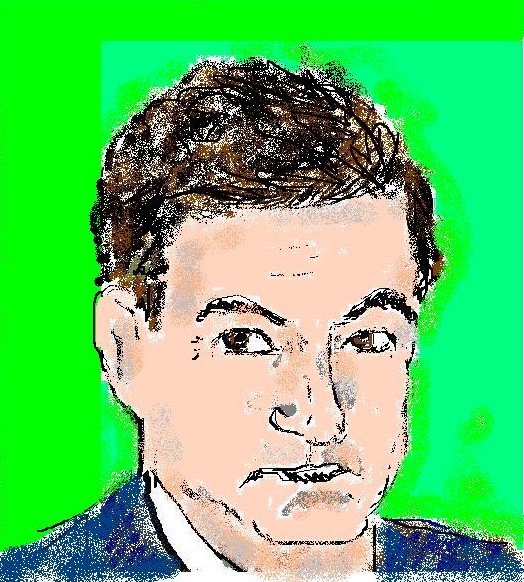Erving Goffman (1967: 10), as cited in: Trevino (2003,, p. 37).
1950s-1960s
Гофман, Ирвинг: Цитаты на английском языке
Источник: 1950s-1960s, The Presentation of Self in Everyday Life, 1959, p. 121 (1973 edition)
Источник: 1950s-1960s, The Presentation of Self in Everyday Life, 1959, p. 13.
p 252; Cited in: Javier Trevino, Goffman's Legacy. Rowman & Littlefield Publishers, 2003, p. 55.
1950s-1960s, The Presentation of Self in Everyday Life, 1959
Источник: 1950s-1960s, The Presentation of Self in Everyday Life, 1959, p. 229
Preface, lead paragraph
1950s-1960s, The Presentation of Self in Everyday Life, 1959
Erving Goffman (1971), Encounters: Two Studies in the Sociology of Interaction, p. 38; As quoted by R. D. Laing in The Politics of Experience
1970s-1980s
Erving Goffman (1981, p. 1); As cited in: Trevino (2003,, p. 34).
1970s-1980s
Источник: 1950s-1960s, The Presentation of Self in Everyday Life, 1959, p. 155
Источник: 1950s-1960s, The Presentation of Self in Everyday Life, 1959, p. 236
Источник: 1950s-1960s, The Presentation of Self in Everyday Life, 1959, p. 121
Источник: 1950s-1960s, The Presentation of Self in Everyday Life, 1959, p. 126
Источник: 1950s-1960s, The Presentation of Self in Everyday Life, 1959, p. 155-6
Источник: 1950s-1960s, Behavior in Public Places, 1963, p. 23; Cited in: Philip Manning, Erving Goffman and Modern Sociology (Stanford University Press, 1992), p. 88.
Erving Goffman (1963), Stigma: Notes on the Management of Spoiled Identity, p. 5-6, ISBN 1439188335
1950s-1960s
Frame Analysis (1974) quoted by Edward O. Wilson in On Human Nature (1978) Ch. 4 "Emergence" p. 93
1970s-1980s
